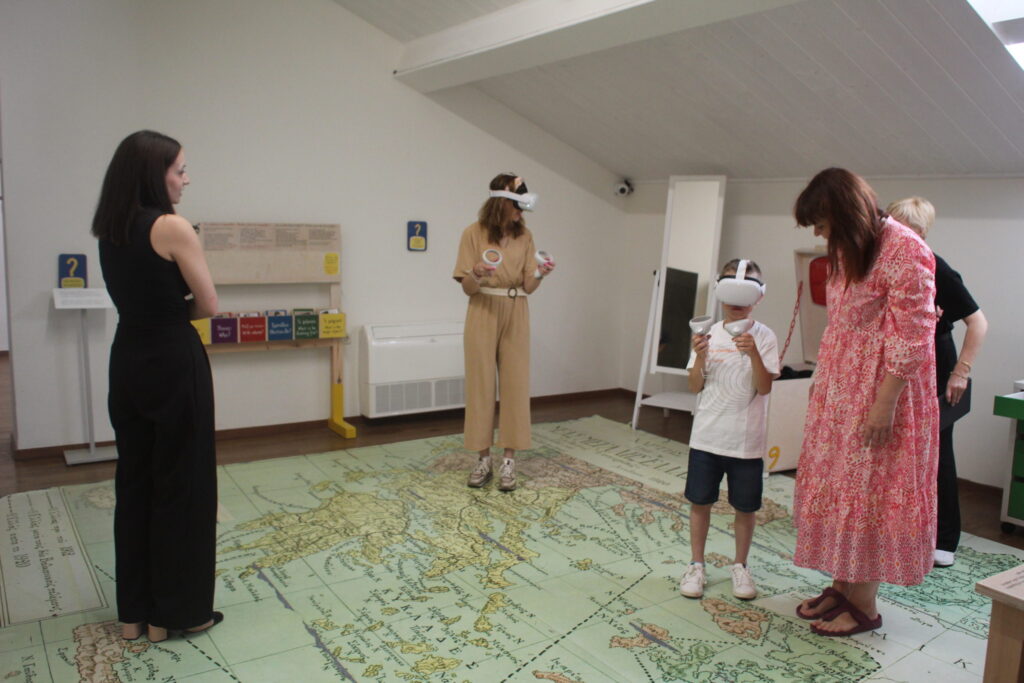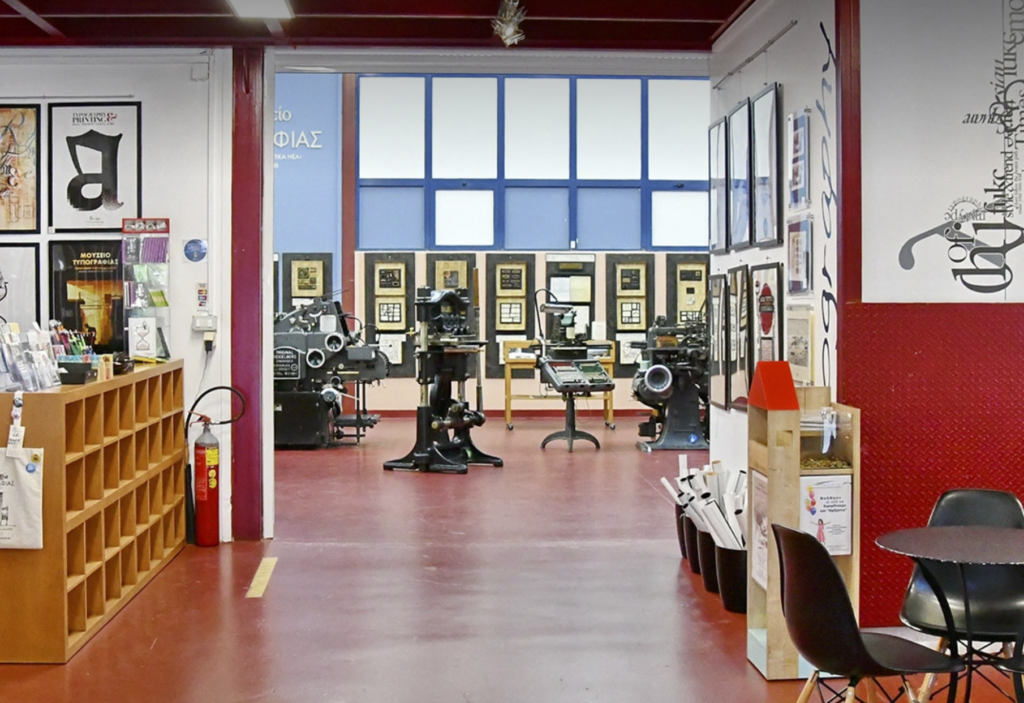Moliere’s explosive comedy “The Imaginary Patient” directed and edited this summer o Emilios Cheilakis and Manolis Dounias.
After him “Don Juan” in 2009 at the National Theater and “Tartufo” in 2016, they continue their study of the leading French dramatist, who, always through the prism of comedy, illuminates the darkness of the human soul, understands the human psyche and makes of characters with universal scope. and projects that remain relevant today.
By means of “Imaginary Patient” Moliere targets the charlatans and quacks who plague the medical profession. He ridiculed the “experts” of his day who hide behind fancy phrases and fancy terminology in an effort to hide their lack of knowledge and the fact that they put profit and self-interest above all else. of the Hippocratic Oath. Moliere – as one of the most brilliant revolutionary spirits of his time – not only stayed there, but also made a political comment by criticizing all kinds of authority and strongly criticizing French society and its bad texts. In a light but careful way, he argues with all kinds of authorities who, blinded by pride and winning privileges and power, humiliate and oppress the common citizen.
In a terrible irony, the “According to an imaginary patient” is his swan song. In 1673, shortly after the fourth performance of the play in which he starred, Moliere – sick and betrayed by the doctors – died backstage.
The show, which will be presented in major theaters in Athens and will tour throughout Greece, is the ninth co-directing of Emilios Chilakis and Manolis Dounias after the extremely successful performances “Medea”, “Don’t let this happen to you “, “A Midsummer Night’s Dream”, “Othello”, “Antigone”, “Iphigenia”, “Tartufus” and “Alone with Hamlet”.
The game
Under Moliere’s microscope there is an aristocrat, Argan, who lives a comfortable life among wealth and privilege. He considers himself the center of the world and bullies those around him by demanding that they serve his whims and fancies. Despite all this, Argan himself is suffering because he feels that there is something wrong with him. Severely hypochondriacal and sickophobic, he was convinced that his problem was his very strong health.
That’s why he called all the doctors to find a cure. But in vain. Doctors – and all kinds of charlatans – will try all the tried and tested treatments on him to relieve him of his “unknown” disease, while at the same time comforting him with large sums of money as compensation. . While he saw that the “scientists” were trying to take advantage of him, he decided to marry his daughter, Angeliki, to a doctor to get free medical care, without caring if he loved the Cleanthes.
When Angeliki responded, Argan, at the prompting of his second wife Belina, informed her that her alternative was to shut herself up in a monastery. Helping him is his assistant Tuaneta and his brother Veraldos. They convince him to pretend to be dead so he can find out who is taking advantage of him and who cares about him, who is plotting against him and who really loves him.
But is Argan really a patient? And if so, is he suffering from a disease that can be treated with medicine? Or is he an insecure, scared person who, despite having everything, tries to find out what is wrong with him and is unhappy, and under the pretext of his poor health, he tries to arouse the interest of those around him and make sure they care about him? And isn’t Moliere’s Argan not so different from the modern man who is not satisfied with anything and although he lives a comfortable family life, he finally realizes that his deepest and most important need is love
THEY WILL PLAY
Emilios Chilakis, Athena Maximou, Myrto Alikakis, Thodoris Romanidis, Nikos Gelia, Konstantinos Maglaras, Vicky Diamantopoulou, George Zygouris, Dimitris Filippidis

